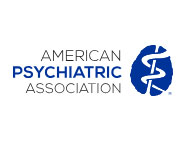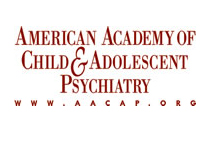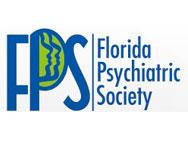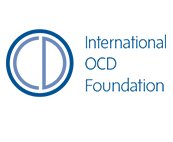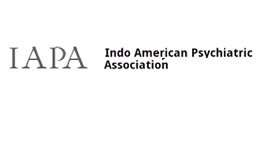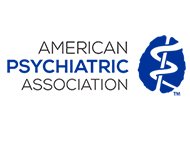The Overlap Between Social Anxiety Disorder and ADHD: A Call for Comprehensive Screening

A recent review of 41 research studies suggests a strong link between social anxiety disorder (SAD) and attention-deficit/hyperactivity disorder (ADHD), advocating for screening individuals diagnosed with either condition for the other. Published in the Journal of Attention Disorders, the review reveals that having both disorders is associated with more severe symptoms and higher levels of impairment compared to having just one.
The Intersection of SAD and ADHD
Social anxiety disorder is marked by an intense fear of social situations, often leading to avoidance behaviors, while ADHD is characterized by inattention, impulsivity, and hyperactivity. Despite their differences, individuals with both SAD and ADHD face compounded challenges. According to the review, the presence of both conditions is linked to more significant impairments in academic performance, social functioning, and overall quality of life.
The study highlights the importance of screening for co-occurring conditions. “Individuals with one diagnosis should be screened for the other to enable earlier detection of potential comorbidity,” said study author Siri Jakobsson Støre, an assistant professor at Karlstad University. Støre emphasizes the impact of these comorbid conditions on adolescents, affecting their social interactions and academic performance during a critical period of development.
Implications for Treatment and Intervention
A notable finding from the review is the identification of a specific subtype of social anxiety disorder characterized by high impulsivity, which is closely linked to ADHD symptoms. This impulsive subtype presents a unique challenge, as it often includes externalizing behaviors like assertiveness or risk-taking, which contrast with the typical shyness seen in SAD.
Despite the growing body of evidence, most studies have focused on adult participants, leaving a gap in understanding the effects of comorbidity during adolescence—a vulnerable period for both SAD and ADHD. The review calls for more comprehensive research, particularly on adolescents, to better inform interventions tailored to individuals with both disorders.
Moving Forward: The Need for Specialized Interventions
The review underscores the need for psychological interventions specifically designed for individuals with both ADHD and social anxiety disorder. While pharmacological treatments are commonly used to manage ADHD, they may not fully address the anxiety component. Similarly, standard anxiety treatments may not be effective for those with ADHD.
Store’s ongoing research aims to evaluate interventions like NeuroACT, which is based on Acceptance and Commitment Therapy (ACT). This approach focuses on reducing anxiety, depression, and stress while enhancing psychological flexibility and mindfulness, aiming to improve overall functioning rather than just reducing symptoms.
References:
Dolan, E. W. (2024, July 5). Here is why social anxiety and ADHD comorbidity requires special attention. PsyPost.
Dr.Kothari is amazing! She has been my doctor for years...
I have been a patient of Dr. Kothari for over three years. She has invested her heart...
Dr. Kothari has been seeing my sons for seven years. She is a wonderful resource...
Dr. Kothari is very caring. Appointments and waiting times are great...
When we started seeing Dr. Kothari, my son was dealing with a great...
Dr. Kothari has saved my life, this I can say without reservation...

 Patient Forms
Patient Forms Videos
Videos Location
Location





